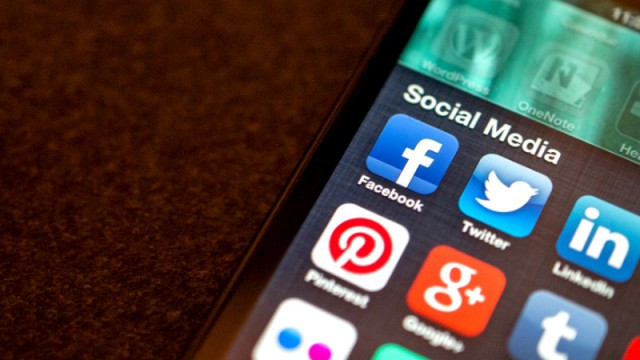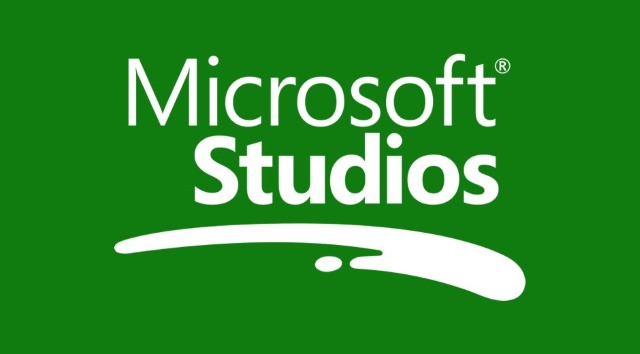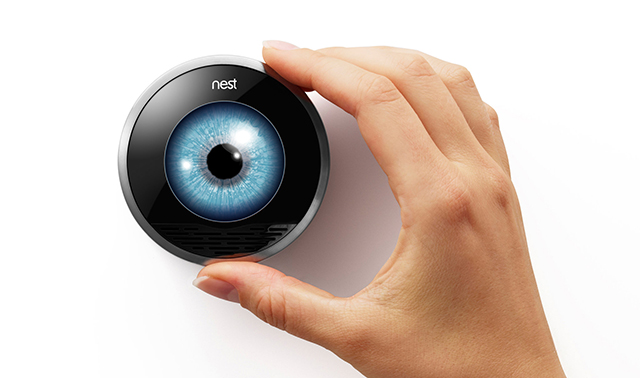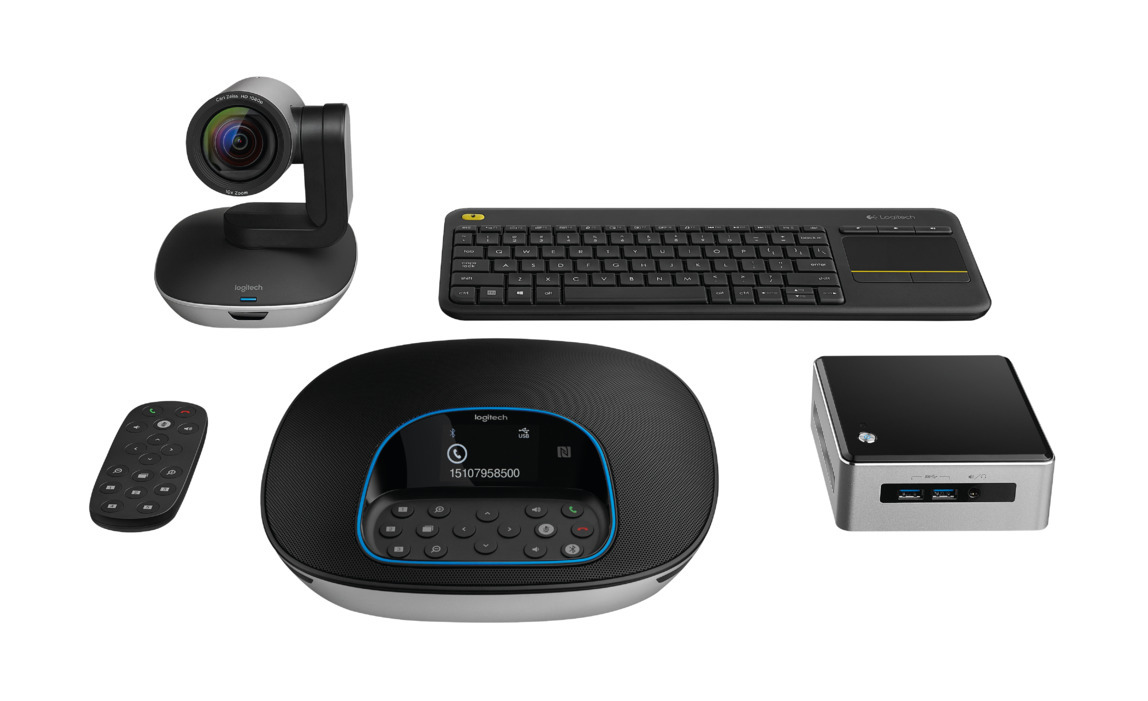
The best customer support is on social media
Email is falling behind social media channels when it comes to customer support, a new survey by Eptica suggests. The multichannel customer interaction management software provider trialled 100 "leading" UK companies, mimicking the behavior of ordinary customers by asking 10 routine questions.
It wanted to see how long it took the companies, and which channels they mostly used, to answer their customers to any questions they might be asking.

Sweeping changes at Microsoft Studios spell the end of Lionhead Studios and its Fable series
Microsoft has announced sweeping changes at Microsoft Studios, affecting development teams in the UK and Denmark. In sad news for gamers, development of Fable Legends has been brought to an end. The Fable series is one that has suffered numerous setbacks and delays over the years, but this is the biggest blow yet.
More than this, the team behind Fable -- Lionhead Studios -- is at risk of closure, and Microsoft is in talk with employees about this. General Manager of Microsoft Studios Europe, Hanno Lemke also announced that Press Play Studios in Denmark will close, leading to the end of development on Project Knoxville.

Security is a major concern in the IT industry
Security, and pretty much everything related to security, is the biggest challenge the IT industry is facing nowadays. Those are the results of a new annual research conducted by IT management and innovative security systems provider Shavlik.
The key takeaway point from the report is that 58 percent of IT professionals are more concerned about system security than they were 12 months ago, and we have all the high-profile security breaches that happened recently to thank for that.

Choetech Choe Qi is an affordable fast wireless charging pad [Review]
Wireless charging is one of the nicest and most convenient features added on smartphones in the past couple of years. Increasingly seen on mid-range and high-end offerings, it enables devices to charge simply by resting on a small pad. After experiencing the benefits, you will not want to go back to using a wall charger and cable again.
It is not enough to have a smartphone that offers this feature, as you also need a compatible pad to wirelessly charge it. A very interesting proposition is Choetech's Choe Qi, which offers fast wireless charging at an attractive price point. I have been using it for a few weeks to find out whether it's worth buying, and here are my impressions.

New security solution protects Android apps throughout their lifecycle
Although mobile apps may be tested for security threats present at the time they're developed, they are of course subject to attacks once they’re out in the world.
Security solutions company SEWORKS is launching a new SaaS-based protection for Android called AppSolid, which will give development teams proactive protection and tracking of their apps across their entire lifespan.

Setting up Nest to work with Wink home automation hub
We have previously written about setting up lights with the Wink home automation hub – there are a number of bulbs that work including GE Link and Cree. We have also provided a tutorial for installing the Nest thermostat.
Now we're looking at linking the two together. Wink can be paired with Amazon Echo, which means you can control your heating and cooling by voice. For now, let's just worry about the first part and we'll get to Alexa later.

Swap Facebook's default Reactions for alternative emojis -- including Donald Trump and Pokémon
For years, the only choice Facebook gave us was to Like a post, or ignore it. Now, however, the social network has expanded its options, with a new set of reactions -- Like, Love, Haha, Wow, Sad, and Angry.
While this is definitely a move in the right direction, for a lot of people these choices don’t really go far enough -- and where’s the dislike button we all wanted, eh? Still, you don’t need to stick with the official Reactions, you can swap them for ones of your choosing -- including replacing the default selection with amusing images of Donald Trump showing off a range of emotions.

Logitech announces Intel NUC-powered 'ConferenceCam Kit' video conferencing bundle
In the year 2016, you would think videoconferencing would be very prevalent in business offices. Unfortunately, many solutions are expensive and confusing -- audio-based conference calls are still quite popular. In order for video conferencing to truly take off, it must be both easy to setup and use.
Today, Logitech announces the ConferenceCam Kit -- a video conferencing bundle powered by the powerful, and diminutive, Intel NUC. Will it prove popular with businesses?

Windows File Analyzer is a versatile PC forensics tool
Whether you’re worried about malware, or just need to find out what someone else is doing on a PC, logging any executables launched can tell you a lot.
Normally this involves installing some kind of monitoring application, like the Event Monitor Service we talked about last week, but if you’re trying to track PC usage without someone’s knowledge, that can be risky.

New Xbox One Preview build brings backward compatible games to the Store
There's a new preview build for Xbox One, and it sees the arrival of Xbox 360 Backward compatible games in the Store. Coming from the TH2 branch, the update makes it easier to discover games that are backwards compatible with the older console.
The availability of backwards compatible games not only helps to increase the number of games Xbox One users can choose from, but also helps to reduce the cost of gaming -- older games are significantly cheaper than newer titles.

The aftermath of the Japan earthquake and tsunami in Google Maps
It's been almost five years since the infamous Japanese earthquake and tsunami event. On March 11, 2011 the cataclysmic natural disaster unfolded, seemingly before our eyes thanks to 24-hour news coverage. The world watched in horror and donations poured in for relief efforts.
While I doubt anyone has really forgotten that terrible day, it has faded in the memories, except for those who live there or have friends and relatives in the area.

Mac users targeted by KeRanger ransomware -- here's how to remove it
Ransomware is a growing problem, with businesses and individuals increasingly having their data encrypted and held to ransom. As with so many forms of malware, it has been PC users that have borne the brunt of attacks, but over the weekend it was Mac owners that were targeted by the KeRanger ransomware.
The malicious software first appeared on Friday and is said to be the first fully-functional example of ransomware aimed at Apple devices. KeRanger was found to be installed alongside the Transmission BitTorrent client, and while Apple has used its Gatekeeper security system to prevent further infections, if you have installed Transmission 2.90 there are steps you need to take to clean up your system.

IT pros: Storing data in the cloud is safer than on-premise
IT professionals believe their organization's data is more secure in the cloud than in on-premise machines, a new survey by Evolve IP, entitled 2016 Cloud Adoption suggests.
To be more precise, private clouds are the most popular solution, followed by public clouds, followed by on-premise machines. The survey polled more than 1,080 individuals and has unveiled that 91 percent of all organizations have at least one service in the cloud.

Copy unselectable text to the clipboard with Textify
It’s a common PC problem. A dialog box appears with some key data, you need to copy it to the clipboard, but -- the text isn’t selectable, so you're forced to retype it.
The Control Panel "System" applet is a perfect example. It has several lengthy lines of text you might really want to save -- Product ID, Processor Type -- but none of them are selectable.

Email inventor Ray Tomlinson dead -- will his invention die soon too?
The inventor of email, Ray Tomlinson, has passed away at the age of 74. Yes, the man who changed the way we communicate, is no longer with us. His invention was revolutionary, essentially killing the written letter and causing heartache to the United States Postal Service.
As great as his invention was, and continues to be, it is starting to get long in the tooth. In other words, alternative communication services, like text messaging, iMessage, Slack, Telegram, and more, could possibly lead to the death of email. Will email soon leave our lives?



